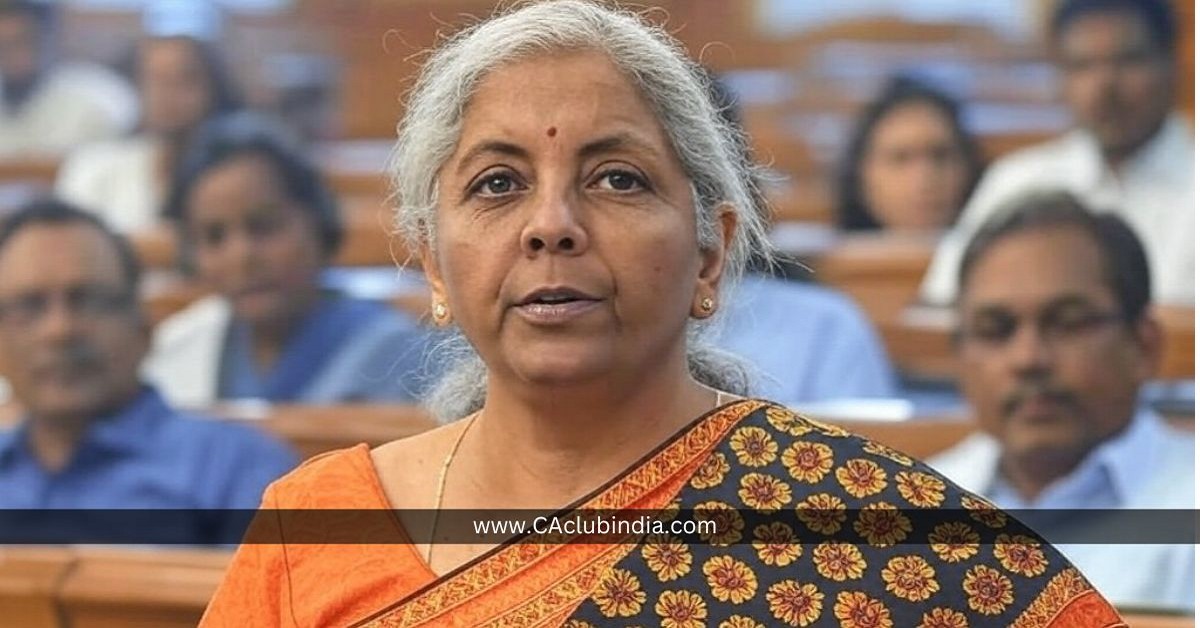Union Finance Minister Nirmala Sitharaman has said that 99% of all goods and services under the Goods and Services Tax (GST) now fall within the 0%, 5% or 18% categories, with only 1% taxed as "sin" or "demerit goods."
In an exclusive interview, Sitharaman explained that the Prime Minister Narendra Modi-led government's GST 2.0 reforms have streamlined the indirect tax system, eliminating anomalies and duplications.

"That is the extent to which we have cleansed the system from anomalies, doubts, duplications and interpretative issues," she noted.
The revised GST slabs, effective from September 22, 2025, move most items into the simplified 5% and 18% brackets. Only goods classified as sin or demerit items-such as high-end cars, tobacco, cigarettes, online gambling and aerated drinks-will now attract a 40% tax rate.
Sitharaman clarified that petroleum products and alcohol will remain outside GST for now, saying it is "unlikely to be done in the immediate future."
The 56th GST Council meeting, chaired by Sitharaman, finalised the decision to increase the rate for sin goods from 28% to 40%, citing their negative health and social impact.
She also highlighted how the reforms will resolve long-standing classification disputes, such as those surrounding popcorn. Under the earlier regime, salted or spiced popcorn was taxed at 5% if sold loose, but 12% if packaged and labelled, while caramel popcorn attracted 18%.
From September 22, all varieties of popcorn-whether plain, salted, spiced or caramel-will be taxed at 5%, simplifying compliance and ending litigation over classification.
Sitharaman stressed that the new GST structure will reduce ambiguity and make compliance easier for both businesses and consumers.









 CAclubindia
CAclubindia

